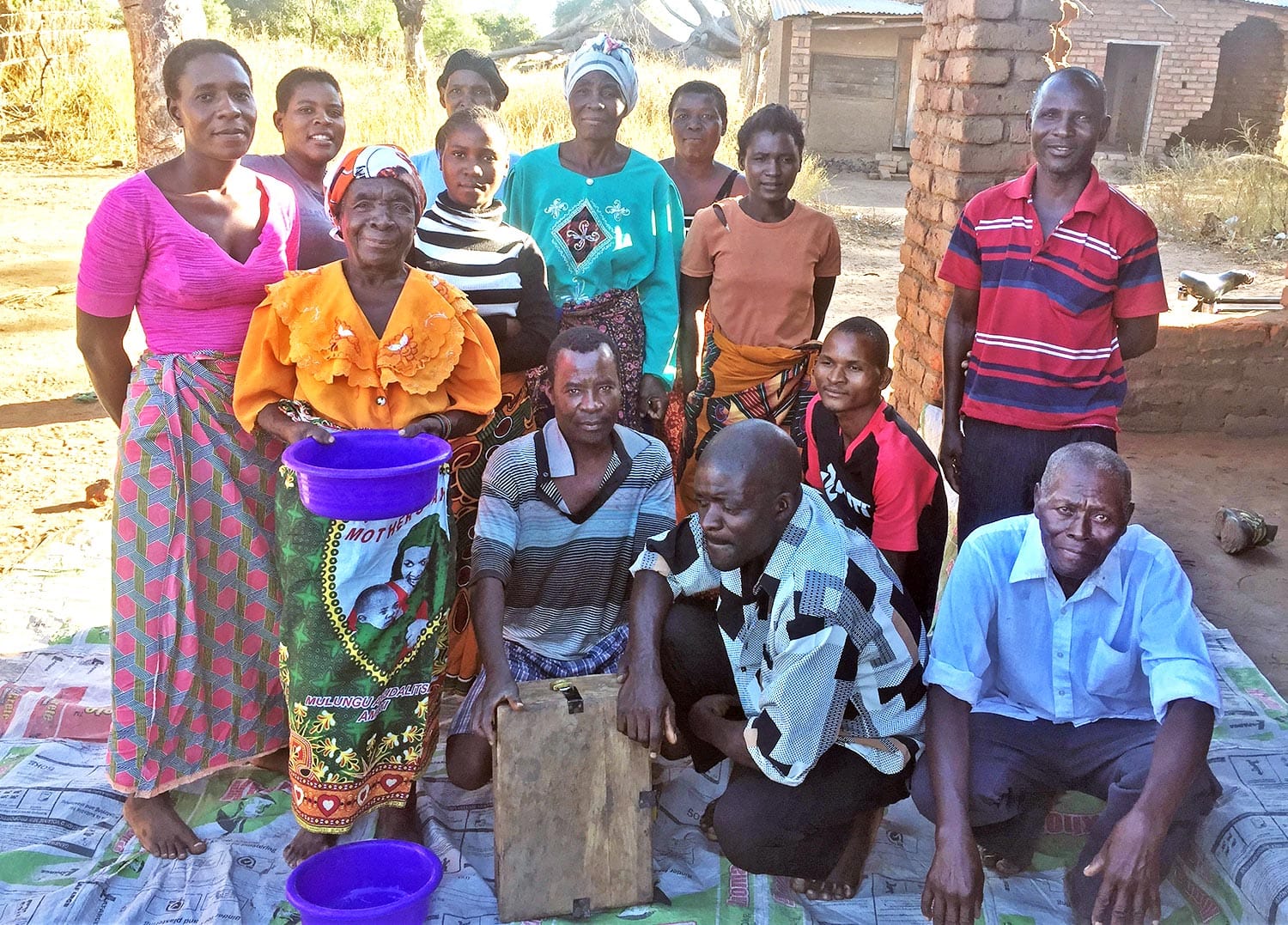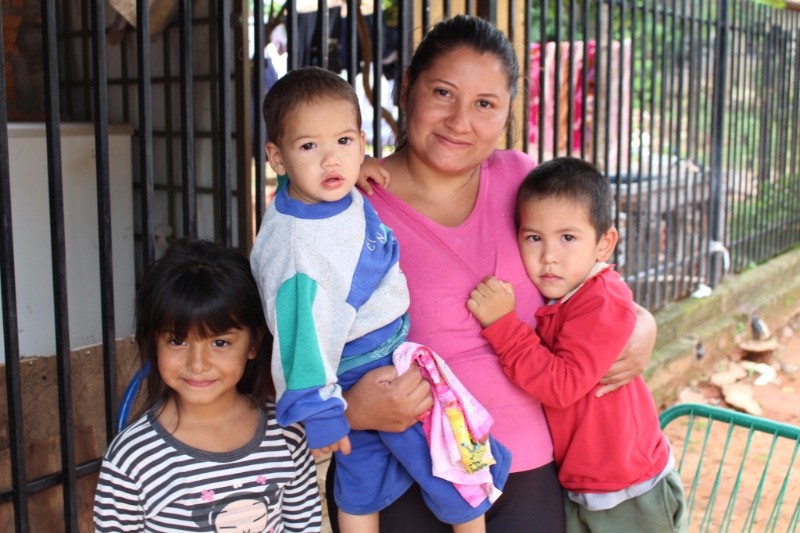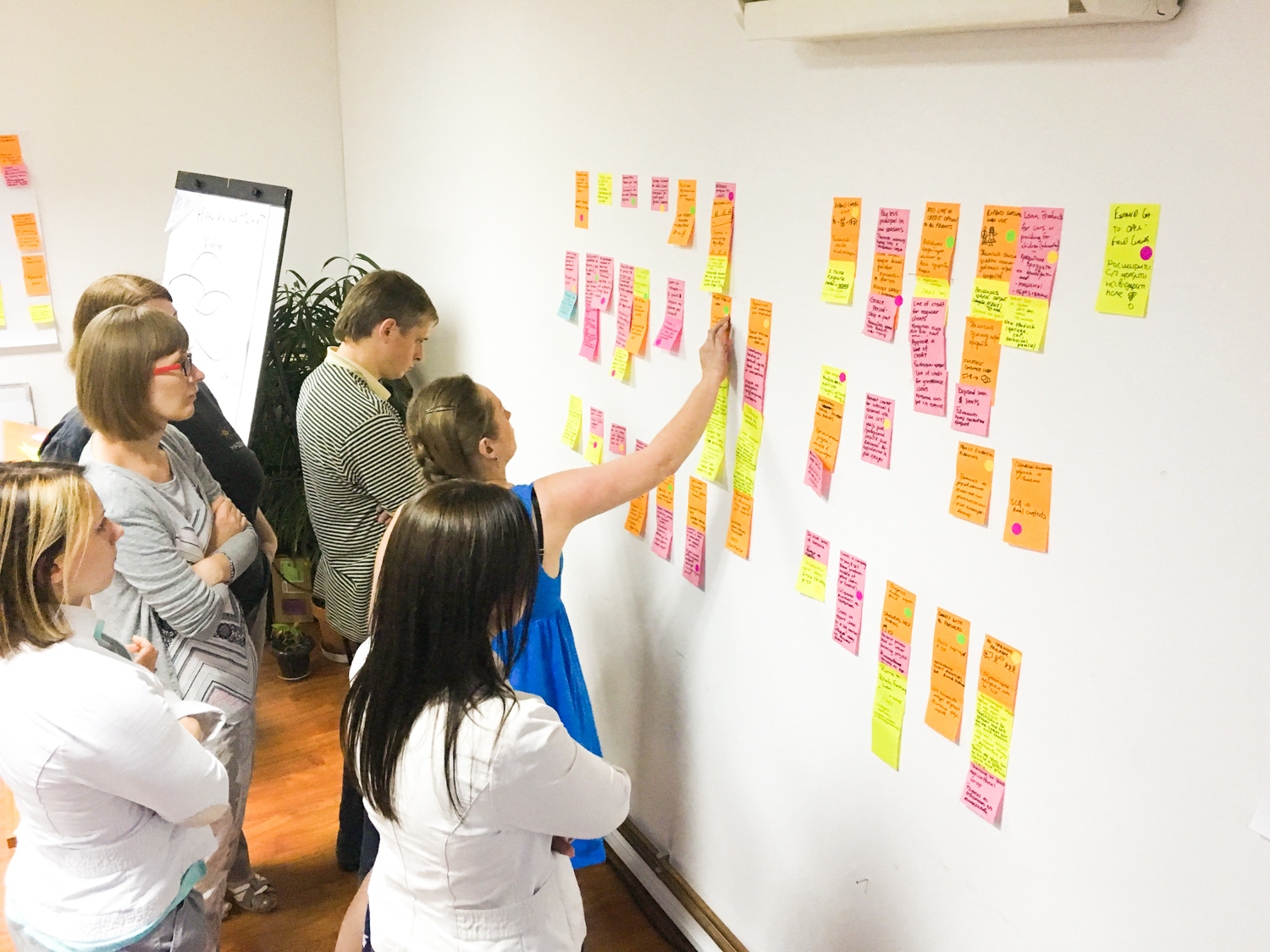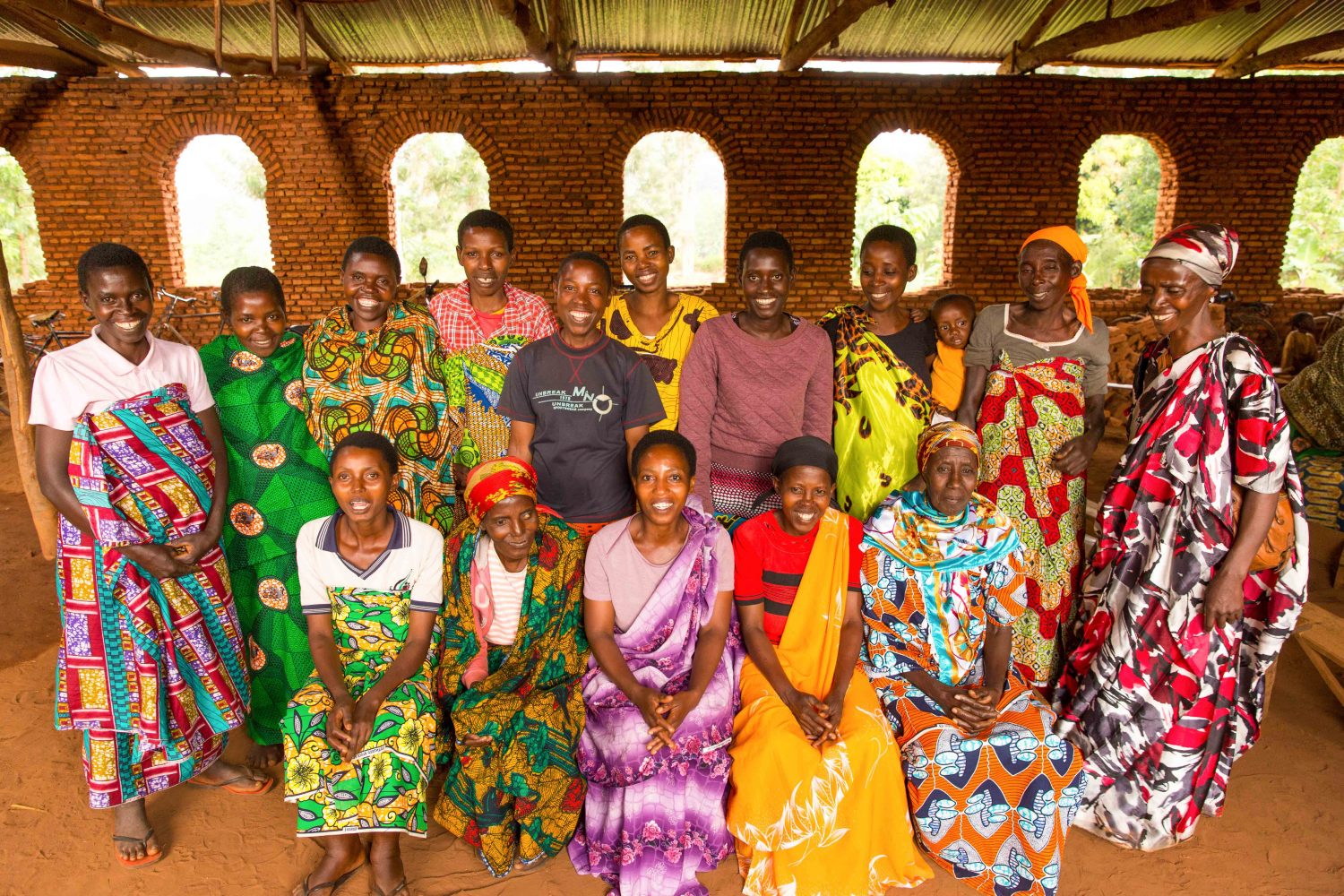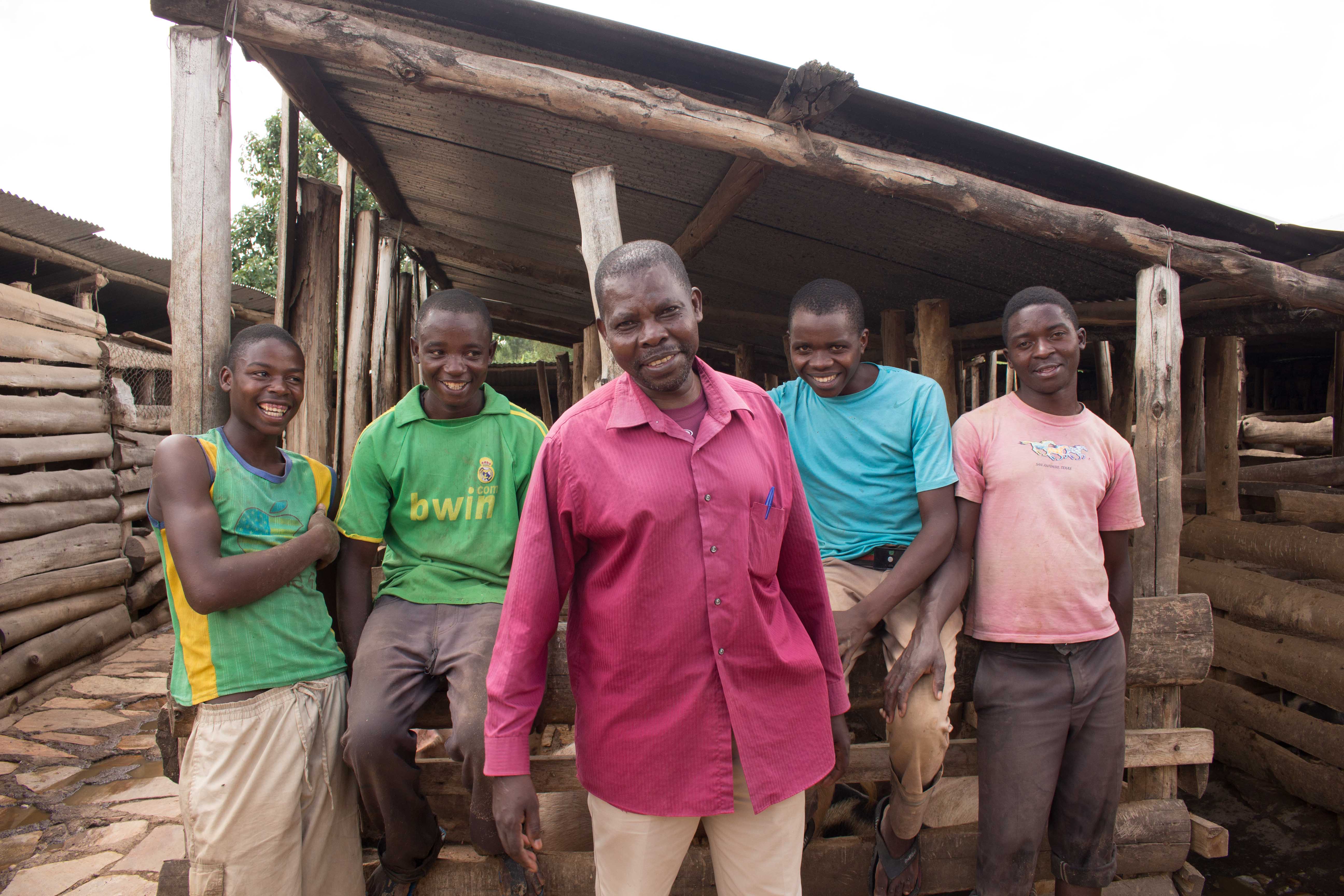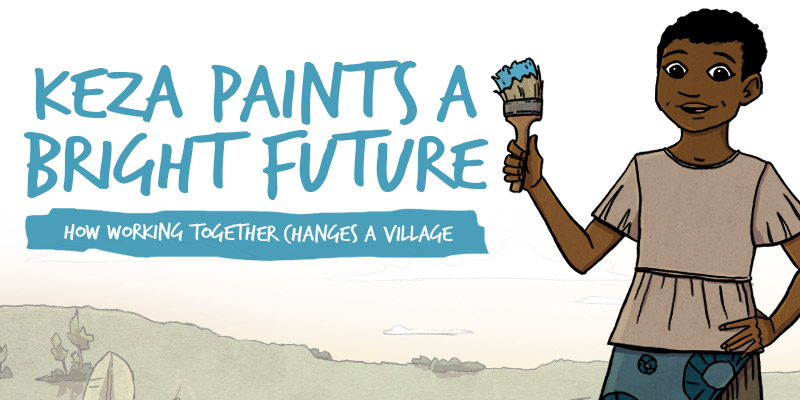By Kevin Tordoff
I recently found myself in Malawi, known colloquially as the Warm Heart of Africa. Driving into a southern community, we stopped by the side of the road by Nixon, a volunteer church facilitator for savings groups. Nixon has been serving in this role for the past four years—almost since HOPE Malawi’s inception. Riding his trusty bicycle, Nixon weaved his way through the dusty dirt roads, guiding us to the home where the savings group meeting was held.
Like many savings groups around the HOPE International network, the Mgwirizano (“unity”) savings group is comprised of 14 multi-generational members. As the meeting began, they enthusiastically shared how the loans from their pooled savings had allowed them to build and repair their homes, how goats had been purchased for breeding and other productive purposes. Their hard work farming small plots of land and selling the produce at market enabled the members to have the funds needed to pay back any loans disbursed from the group’s savings.
Leading HOPE’s marketing department for over a decade, these stories had begun to feel standard—I’d read and heard countless stories like the one the group shared, and I’d even had the opportunity to visit savings groups in the past that looked very similar to this one.
But then, a young man, Samson, from the group arose and directed an unexpected question at me: “Where have you been, HOPE?”






